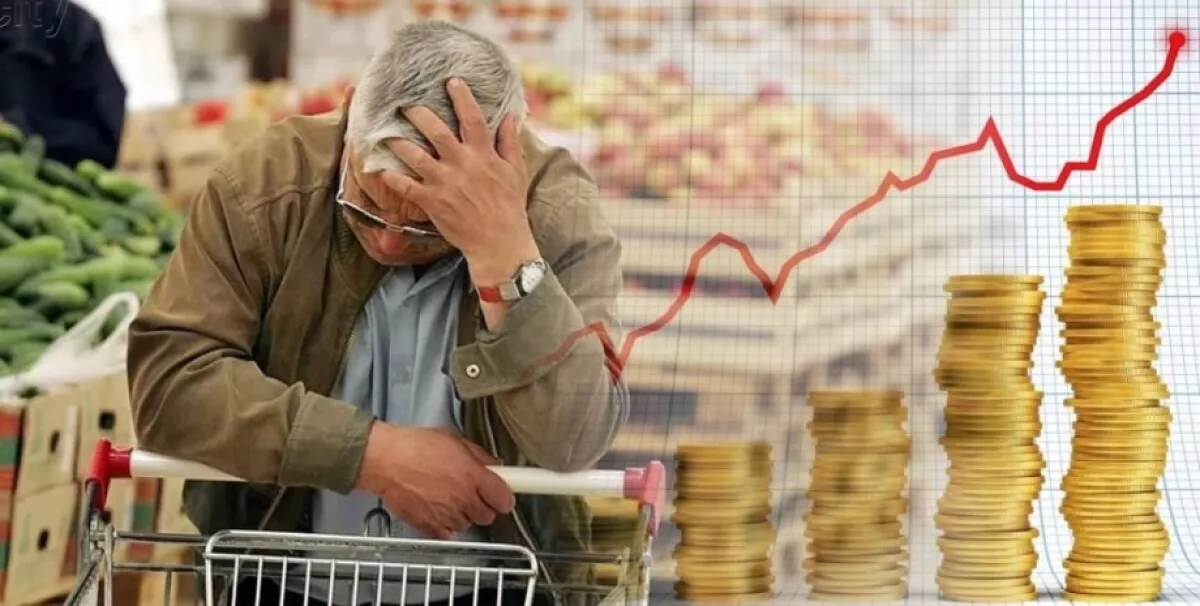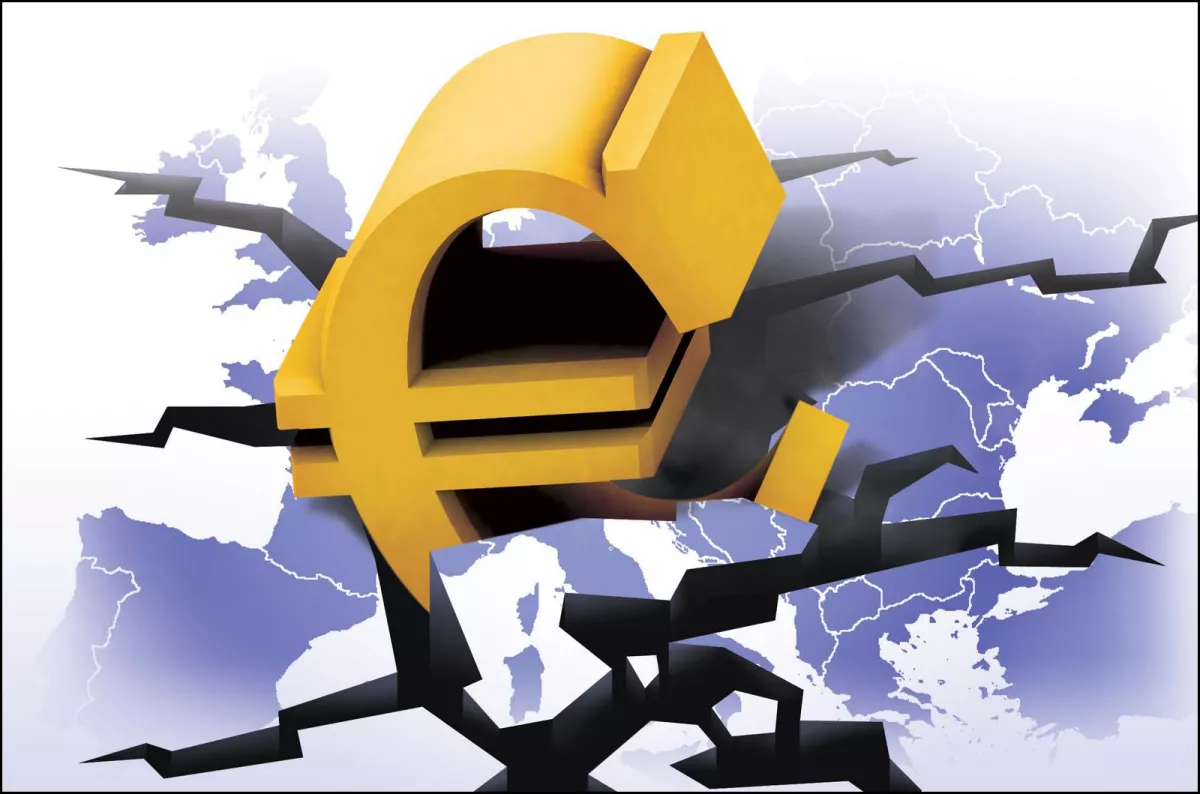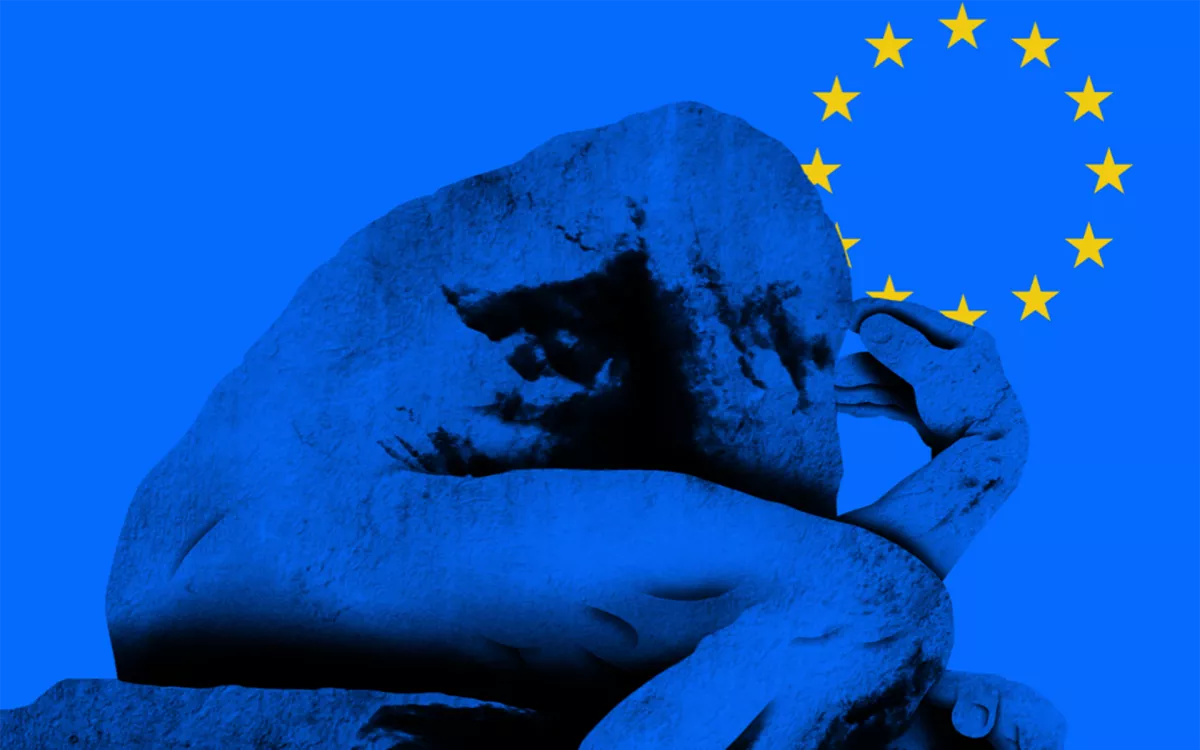Twilight of the Old Continent The “European Garden” is withering
"We have built a garden. Everything works. It is the best combination of political freedom, economic prosperity and social cohesion that the humankind has been able to build," proclaimed Josep Borrell, the then EU High Representative for Foreign Affairs, in October 2022. His remark drew widespread criticism from much of the global community, which he, with characteristic tact, likened to a "jungle." Today, however, the once-celebrated metaphor of a flourishing "European garden" risks becoming a source of irony, akin to Francis Fukuyama's infamous predictions about the "end of history."
Experts and politicians alike are now sounding the alarm over a profound crisis gripping the economies of EU member states. Unlike the previous banking crisis, which primarily affected Europe’s periphery—countries like Spain and Greece—this time the strain is being felt by the bloc's wealthiest nations, the so-called "engines" of the European economy: Germany, France, Finland, and Italy.
In Germany, the signs of economic distress began as early as 2018. Since 2019, the country's GDP has grown by a mere 0.3%, with a further contraction anticipated next year. The Institute for Economic Research (IW) projects economic growth of just 0.1% by 2025. Industrial output has plunged by 20% compared to its peak in November 2017. Companies are laying off employees, cutting wages, declaring bankruptcy, or threatening to relocate production abroad. Essentially, Germany is facing a wave of deindustrialization. According to IW, €210 billion worth of investments in machinery, equipment, transport, and infrastructure have been lost since 2020.
A similar picture is emerging in France. Reports of factory closures and workforce reductions are increasing every month. High-profile companies such as Michelin, Auchan, and ArcelorMittal are among those affected. According to the General Confederation of Labour (CGT), 150,000 industrial jobs in France are at risk in the short term.

As of January 2024, the number of bankruptcies in France has reached 66,800, surpassing the previous record set in 2010. Plummeting demand and soaring energy prices have rendered it impossible for thousands of small businesses to repay loans issued by the government during the pandemic.
In September 2023, the Bank of France revised its economic growth forecast for 2024 downward to 1.1%, with a projected growth of 1.2% in 2025. However, these figures do not account for the current wave of bankruptcies, business closures, and layoffs.
Experts are relatively unanimous about the causes of this economic crisis, with rising energy costs being the primary factor. According to the World Bank, global electricity prices have nearly doubled since 2022 and could increase by another 50% in the coming years. Previously, Europe—particularly Germany—benefited from inexpensive Russian gas. However, in 2022, European policymakers decided to abandon "hostile" Russian gas, resulting in a sharp surge in energy costs. In Germany, nearly 40% of businesses are now considering relocating their operations abroad due to these challenges.
The surge in energy prices triggered a subsequent rise in the cost of European goods, which "suddenly" rendered them uncompetitive on global markets. This issue was exacerbated by fierce competition from China, which has had a devastating impact on European industries. Since 2022, the share of sectors in which Chinese firms compete with EU manufacturers has risen from 25% to 40%. Meanwhile, China pursued an aggressive pricing strategy, maintaining low prices for its products, further undercutting European competitiveness.
Another "stab in the back" came from across the Atlantic. The tariffs on steel and aluminium imposed by Donald Trump in 2018 inflicted lasting damage on EU exports. The prospect of Trump's re-election and the potential introduction of new tariffs has further eroded confidence in European markets. As Clemens Fuest, President of the Ifo Institute, remarked, "The failure of Europe’s leaders to draw lessons from the last Trump presidency is now coming back to haunt us."
Adding to these woes is Brussels' disregard for economists' warnings, its prioritization of geopolitics over economics, demographic challenges, outdated technologies, a lack of investment in innovation, and numerous other factors that have made the looming economic catastrophe seemingly inevitable.

European leaders are now exploring several potential paths to address the crisis. One such approach is a policy of "military Keynesianism," which has been successfully implemented in Russia. This involves large-scale investments in the defence industry. German businesses are currently advocating for an "investment program" worth €1.4 trillion, to be injected into the economy by 2030. Of this, €450 billion is expected to come directly from the federal budget, with the bulk of the funds earmarked for arms production and equipping the German military.
Another proposed solution, championed by European businesses, is "shock therapy" and radical market reforms, a strategy familiar to residents of Latin America and Eastern Europe. Former German Finance Minister Christian Lindner recently outlined his economic vision under the slogan: "A little Milei and Musk would do our country good." Reflecting this sentiment, the German business outlet Handelsblatt recently featured a cover image of a chainsaw painted in the colours of Germany's Social Democrats, with the bold headline: "Thirst for Shock Therapy."
The proposed measures include corporate deregulation, the abolition of collective bargaining agreements, and the repeal of laws on business transparency and employee data protection. Other suggestions involve extending working hours, cutting unemployment benefits and social spending, relaxing safety standards, and more.
While such steps might provide a temporary economic stimulus, they are unlikely to improve people’s quality of life and are almost certain to create a significant class of "new poor." Even now, youth unemployment exceeds 20% in countries like Greece, Spain, Portugal, and France. Unstable employment and rising rents are forcing more young people to live with their parents.
Those who do find work are often dissatisfied with their situation. In Germany, 73% of workers consider changing jobs at least once a month, 37% report feeling burned out from stress, and 24% of adults suffer from depression. Additionally, 81% of Germans fear the outbreak of war, while 67% are worried about poverty.

In France, the collapse of the healthcare system has reached alarming levels. In the Breton town of Guingamp, with a population of 7,000, the maternity ward was shut down, and the community was left with only five general practitioners. After repeated but fruitless appeals to the authorities, the town’s mayor took to social media to address the Cuban ambassador, urgently requesting the deployment of doctors to provide medical assistance. This plea was echoed by 53 other mayors from towns across Brittany, an area described by the press as a "medical desert."
It seems that the "European garden" is rapidly withering, losing its appeal to the rest of the world. Europe appears to be reverting to its traditional status as a global periphery—a position it held for much of history, apart from the brief period of dominance from the 18th to the 20th century.








